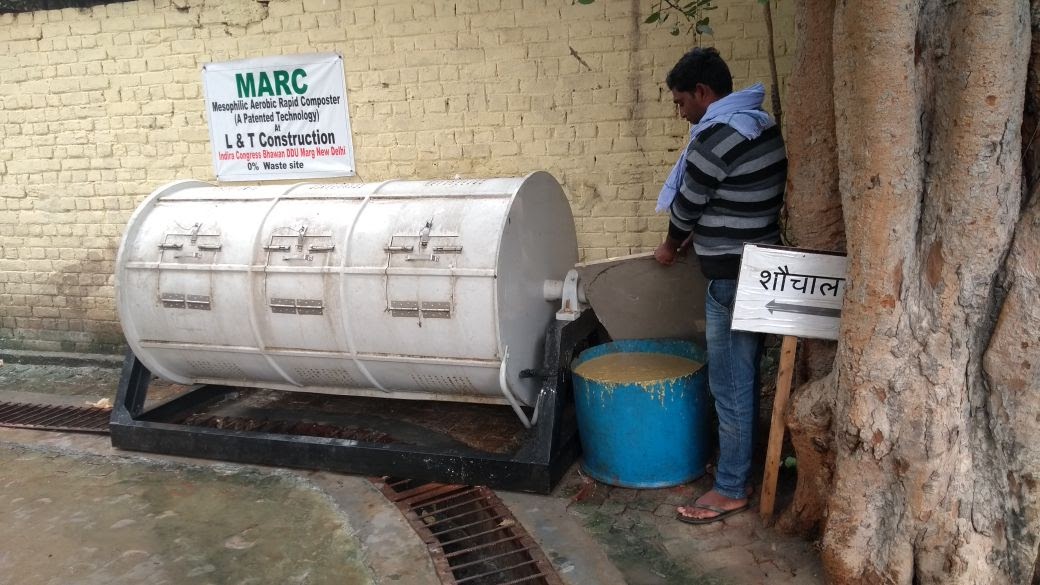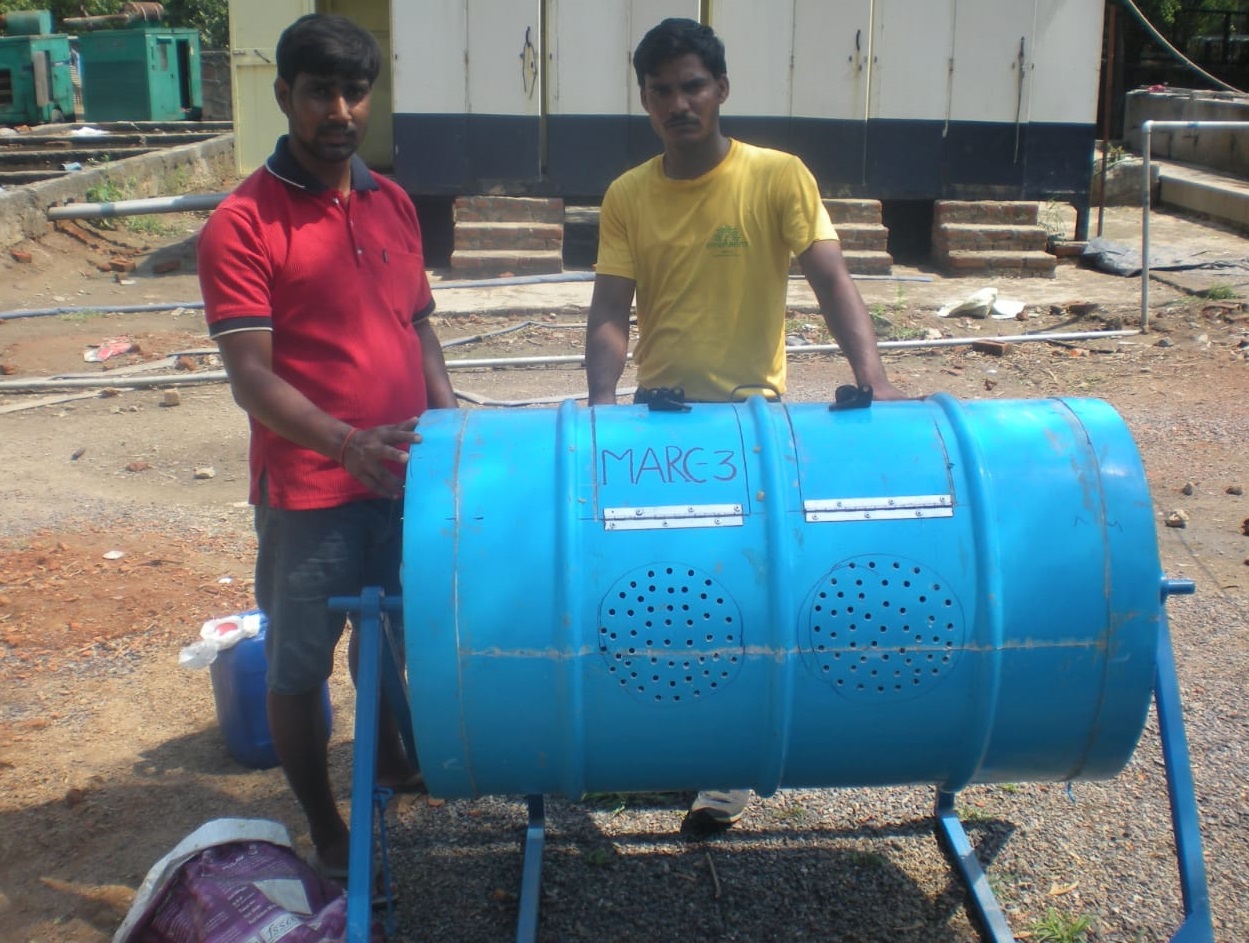

Proper management of solid wastes has been an increasing challenging task for the local bodies in India. Improper and non-scientifically handling of such wastes has not only environmental and aesthetic impacts but also potential threat to public health. There are a lot of infections and superimposed infections transmitted from unmanaged solid wastes resulting in degradation of environment quality, increased mortality and morbidity, loss of man-days and productivity, culminating in poverty to common people and lowering GDP of states / country.
Sustainable technologies for proper management of solid wastes are the important aspect of waste management. Biodegradable organic wastes constitute major part of solid wastes. Centralized treatment of solid wastes is not sustainable for several towns / cities due to high costs of collection and transportation of wastes. The Rules of Solid Wastes Management 2016, of Government of India emphasizes management of solid wastes at community and decentralized levels to overcome the problems of collection and transportation. It states that “The local authorities and Panchayats shall involve communities in waste management and promotion of home composting and biogas generation, decentralized processing of wastes at community level subject to control of odour and maintenance of hygienic conditions around the facility”.
There are technologies for composting. But most of them are not acceptable due to the following reasons:
· There is almost complete lack of technology for composting at household / community level on continuous basis
· Time period required to make compost is 2-3 months making the system unsustainable.
· Space requirement for composting is very high.
· Major part of the expenditure is on collection and transportation of wastes
· For smaller cities like Class II,III IV, such technologies are not suitable due to lack of required system, fund and / required quantity of wastes
· For small and large establishments also the conventional composting systems are not suitable due to requirement of longer time period, larger space and external energy to operate the system.
MARC is a prefab FRP cylindrical structure fitted on MS stand with balls and bearing. Composting process is based on aerobic principle. For aeration no electrical energy is needed. It is operated on continuous basis. Feeding of wastes into the composter is done daily. There is no need to store wastes.
The MARC system has been developed, demonstrated and implemented successfully with the support from the Department of Scientific and Industrial Research (DSIR), Ministry of Science & Technology, Government of India. It has been applied for patent with IPO, Patent office, New Delhi having no. 1793/DEL/2051 dated 26.6.2015.
Compost is prepared after 20 days of last feeding of wastes in the composter.
Quality of compost
Compost chemical quality is much better. Its analyses have been carried out by NABL accredited laboratories in Delhi. The compost analysis totally meets the requirements prescribed by the Rules of Solid waste management 2016 of Ministry the Urban Development, Government of India and Ferliliser Control Order 2013.
Capacity and size of composter
The present capacity of composter ranges from 5-50 kg daily loading. However, capacity of higher loading as per the requirement can be manufactured.
Space requirement to install a composter of 20 kg daily loading capacity is around 2 m2 only.
An aerobic microbial consortium has been developed that also help accelerated degradation of wastes.
Advantages of MARC system
· Collection and transportation costs of wastes are minimized.
· Effective composting time is only 15-20 days.
· There is no smell during composting.
· It operates on continuous basis.
· It requires much less space and can be installed even in balcony or on roof top of house or small open ground
· Compost can be directly used without any further process to kitchen gardens or sold
· There is no recurring expense to maintain the system.
· Quality of compost is much better and meets the norms under the Rules of Solid Waste Management 2016 of Ministry the Urban Development, Government of India and Fertilizer Control Order 2013.

Organic Waste Composter at BJP Head Quarter, New Delhi

JMC Project, Supreme Court Site, New Delhi